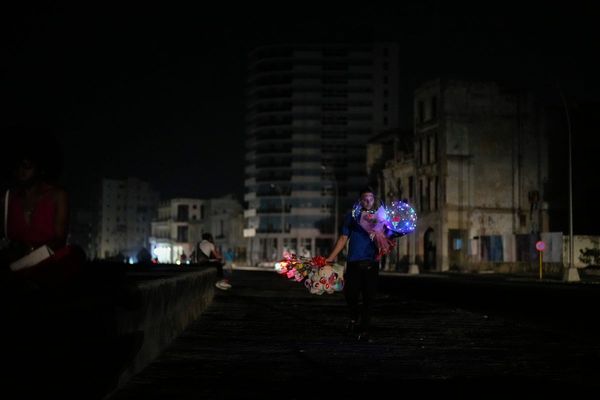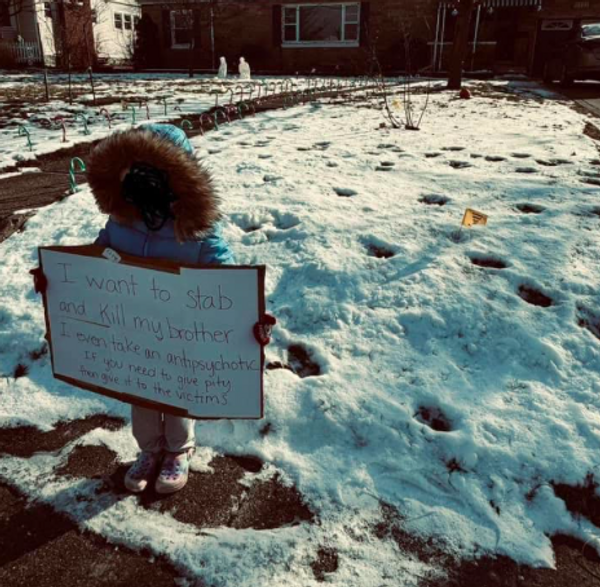
Homosexuality is illegal in many African countries, including Nigeria, where LGBTQ+ individuals face imprisonment, violence, and death. In Nigeria, a practice known as KETO has emerged, specifically targeting gay women through online relationships, resulting in physical and verbal assault, as well as extortion.
KETO involves luring victims through online interactions and arranging meetings that take a dangerous turn. One survivor, who we will refer to as Izzy for safety reasons, shares her harrowing experience. After meeting a woman online and exchanging messages, Izzy agreed to meet in person at her date's house. However, upon arrival, two men entered the house, and the situation quickly turned violent. Izzy realized she had been set up by the woman she had been dating. She was beaten, stabbed, and sexually assaulted, ultimately becoming a victim of KETO.
Sadly, Izzy's story is not an isolated incident. According to data shared with us, we have spoken to 16 women in Nigeria who have described being keto-ed. These victims were also lured through online relationships, only to face assault and extortion. Shockingly, this is just a fraction of the thousands of LGBTQ+ individuals who have fallen victim to this practice in Nigeria.
This alarming targeting of the LGBTQ+ community reflects the discrimination they face in Nigeria's deeply religious and conservative society, where same-sex relationships are largely ignored. LGBTQ+ individuals find themselves vulnerable to exploitation and attack, as they are regarded as less than and denied the same rights as others.
The situation is further exacerbated by the focus of Nigerian law enforcement, who often target queer individuals as criminals rather than protecting them. As a result, keto victims struggle to find the necessary resources and support to seek help. Unable to rely on authorities, victims have taken matters into their own hands by utilizing online platforms to warn others of potential threats.
The stories shared by survivors shed light on the pervasive abuse endured by LGBTQ+ individuals in Nigeria. Raffiata, another victim of KETO, discussed the pressures from her parents to be heterosexual, leading her to move in with a man she met on Tinder. However, he eventually turned against her, using her sexual orientation as a means of control and manipulation.
The pain endured by LGBTQ+ individuals in Nigeria is unimaginable. They suffer in silence, unable to freely express their identities without fear of violence and discrimination. Despite the ongoing abuse, many have shown bravery by speaking out, advocating for change, and warning others of the dangers they face.
It is crucial for both Nigerian society and its law enforcement agencies to address the discrimination and violence perpetrated against the LGBTQ+ community. Efforts must be made to promote acceptance, education, and equal rights for all individuals, regardless of sexual orientation. Only through such measures can Nigeria truly progress towards a more inclusive and respectful society, where everyone can live without fear of hate and harm.







